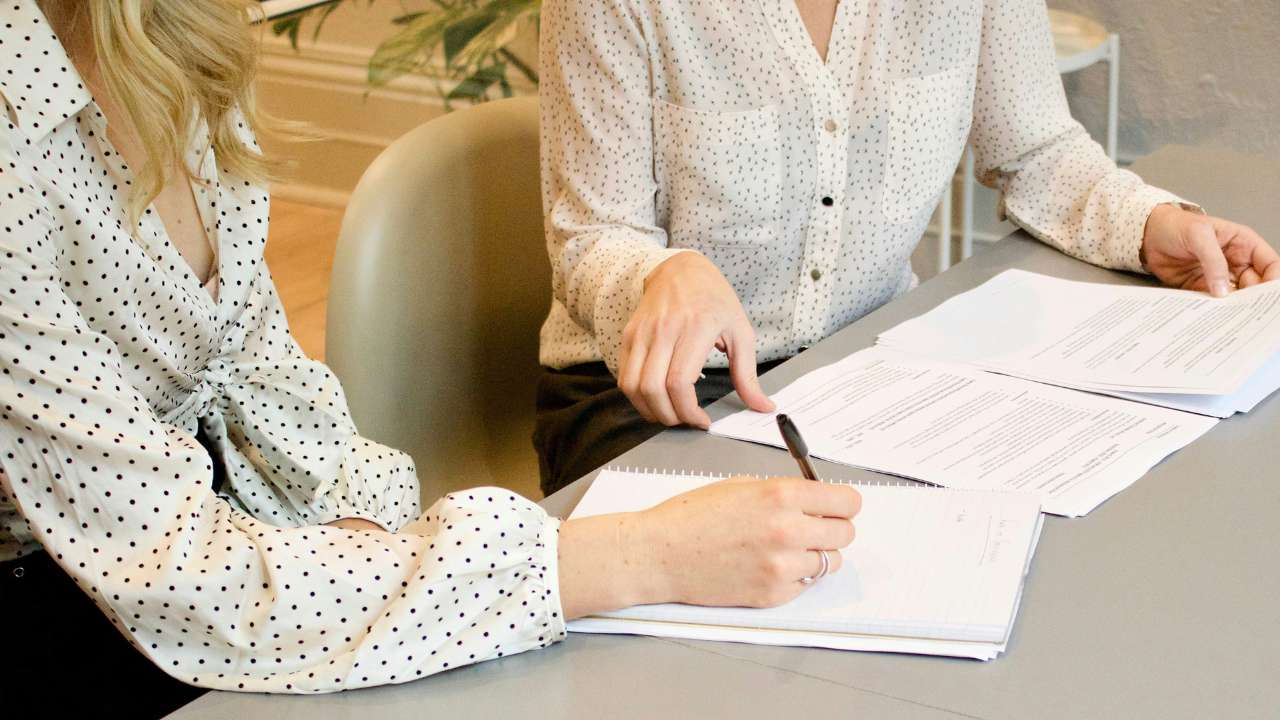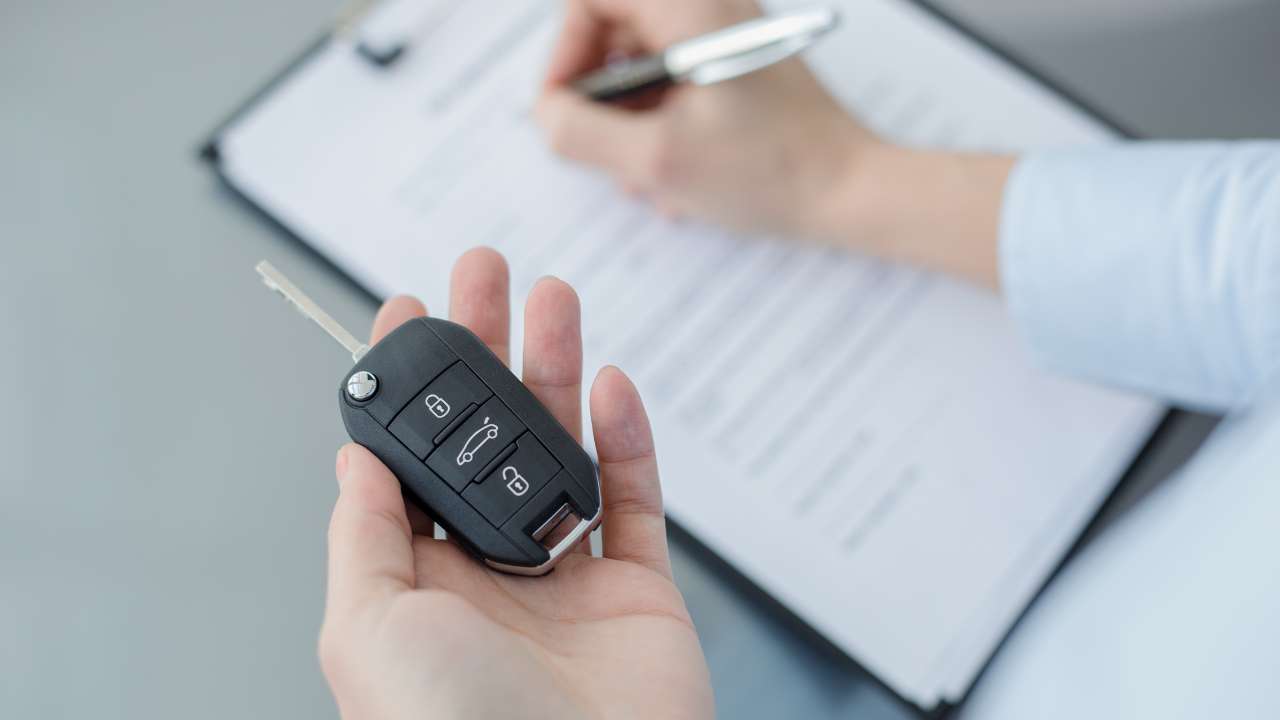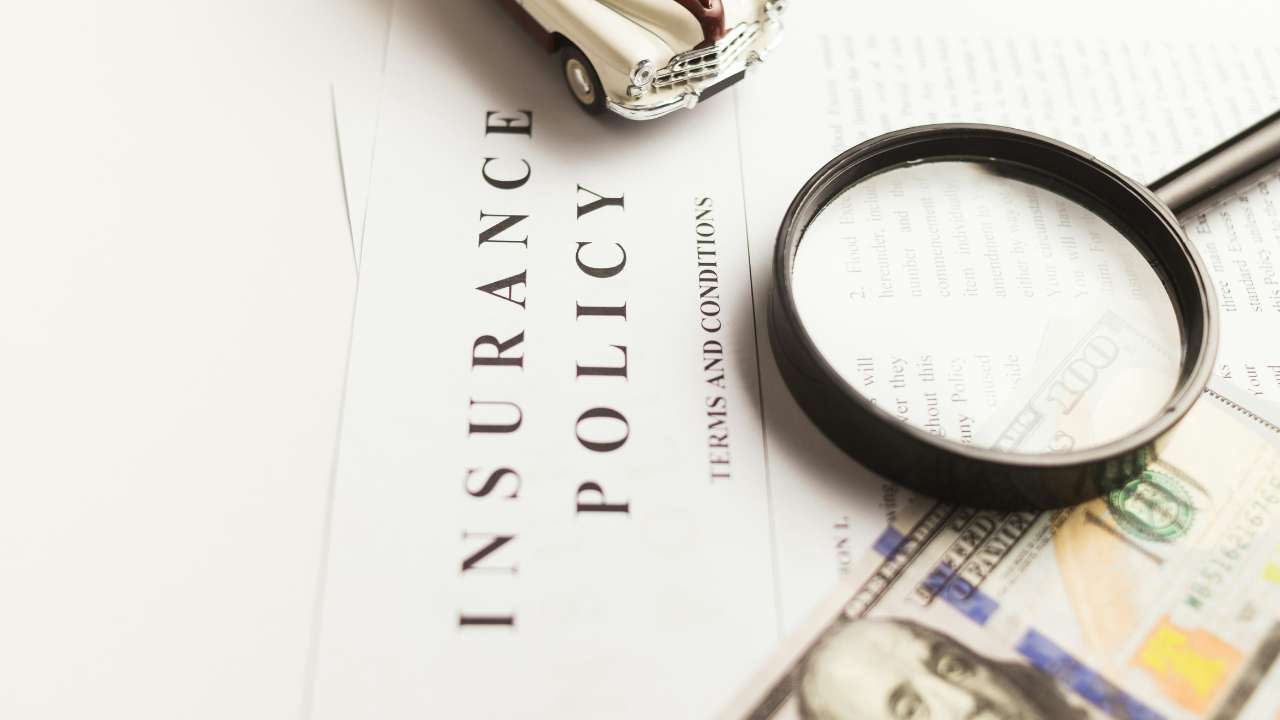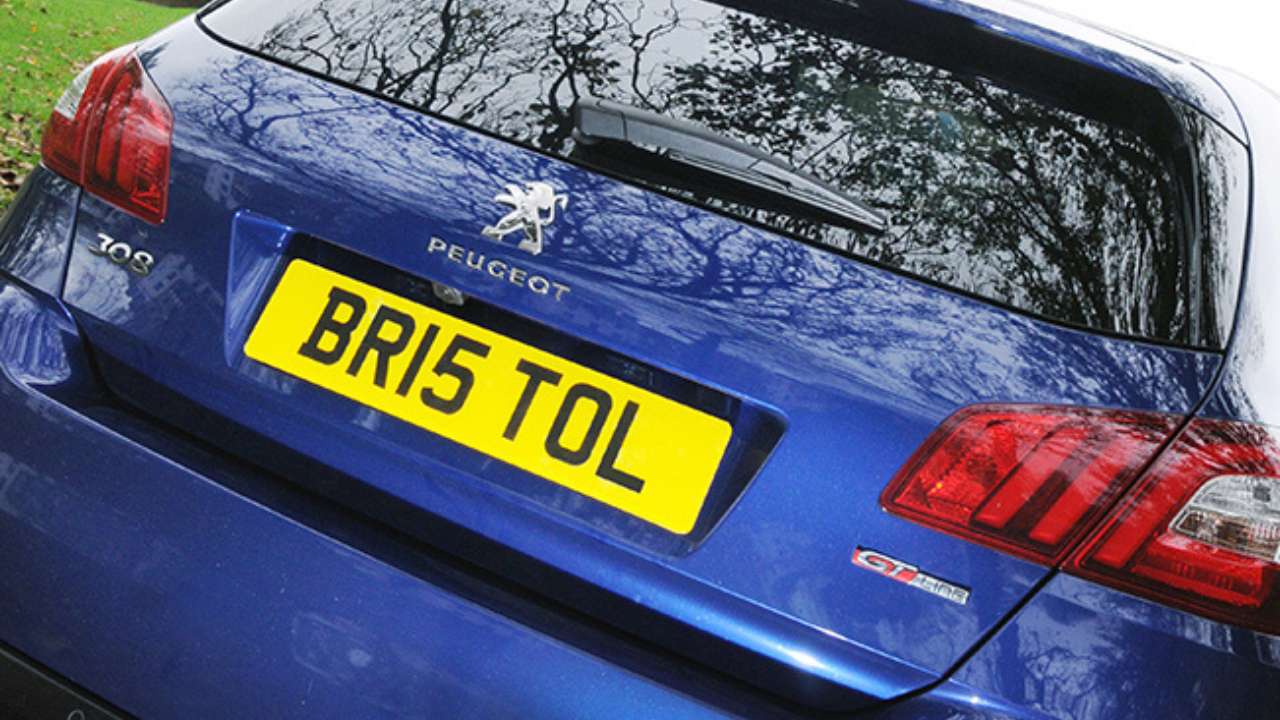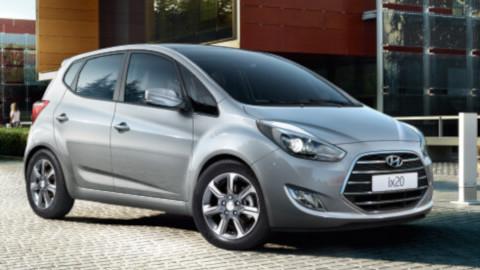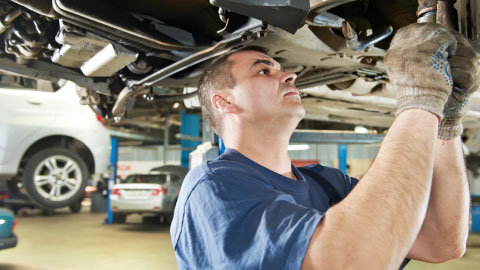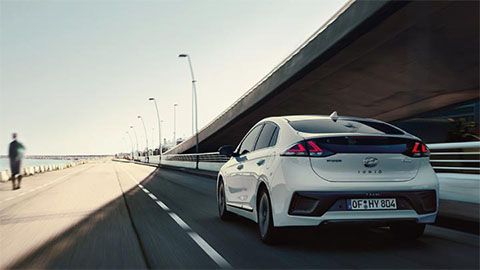What documents do I need to sell my car?
This article will list and explain the list of documents you should have when selling your car, which will help you avoid any problems during the process.
- Proof of Purchase
- V5C Logbook
- Vehicle Service History
- MOT Certificate(s)
- Insurance policy and repairs
- Parts Receipts
- Warranty
- Number plate retention form (V317)
- Do I need the same documents when selling private than when selling to a dealership?
Proof of Purchase
It’s unusual for a buyer to have the money to promptly purchase a vehicle in full at once. The solution sellers find to reserve the car to the buyer is charging a deposit fee. The amount for the deposit can vary, but it’s usually 10 percent of the total value of the vehicle.
Once this reservation fee is paid, you need to provide the buyer with a receipt confirming the details below:
- Deposit amount
- Remaining value and due date for the payment
- Name of both seller and buyer
- Registration and VIN number
- Buyer and seller’s signature
These receipts can sometimes be referred to as ‘the four receipts’ because you’ll need two copies of the deposit receipt (one remains with the seller and the other one is given to the buyer), and two copies for the final sale of the vehicle (one for each party).
From the buyer’s perspective, it’s crucial to keep these receipts to prove ownership of the vehicle. These documents will also protect the seller from any disputes regarding the agreed price.
V5C Logbook
The V5C is a vehicle registration document which contains information about the car and the current keeper. The V5C is issued by the DVLA (Driver and Vehicle Licensing Agency) listing the following information:
- Date it was first registered
- Manufacturer
- Colour
- Engine size
- Current keeper
Beware that the V5C is not proof of ownership. The DVLA defines the keeper of the vehicle as the person, or entity, responsible for registering and taxing the car, which may or may not be who owns it.
For example: if you have a lease, the keeper of the vehicle registered with the DVLA is the leasing company.
You will need this document to change the address associated with your car, as well as to sell it. If you don’t have it in your possession due to theft or loss, you can request a new copy on the DVLA website at the cost of a small fee.
Is it possible to sell a car without a V5C logbook?
Even though it’s not recommended, it is possible to sell a car without the V5C logbook. That is because the V5C isn’t proof of ownership, and you can have a valid excuse not to have it. Instead, other documents should be provided, such as the bill of sale.
Vehicle Service History
This is another important document to have in hand. Every car comes with a service book (most people keep it in the glovebox with the car’s manual) and this book must be stamped by the dealership or garage every time you take your vehicle in for a service.
Having this book up-to-date shows that your vehicle has been well looked after, and confirms its condition and mileage, which helps increase the resale value.
If, for some reason, you don’t have the book stamped you can give the buyer all the receipts to prove that the car has been serviced, or you can take the vehicle back to the dealership with the receipts and ask them to stamp the book.
MOT Certificate(s)
It’s important to have a copy of the MOT tests in file to prove that your car is roadworthy and complies with environmental standards. Having these documents on file, also shows that you take good care of your vehicle.
If you no longer have your vehicle’s MOT history, they can be accessed via the Government website, and the certificates can be downloaded free of charge if you have the V5C.
Insurance policy and repairs
If you own an older vehicle, it’s more likely that the vehicle has previously been involved in an accident or incident where repairs were needed when compared to a younger model.
It’s considered good practice to disclose any repairs your car has had completed through insurance or privately. Keeping the documents and receipts on file and well-organised will help you in the process of gathering everything you need in order to sell your vehicle.
Also, don’t forget to ring your insurance to let them know you’ve sold your car, so you can discuss cancellation options, and you stop being charged for it (if you choose to pay for your insurance monthly).
Some insurance companies could charge a cancellation fee, but at least you’ll have disassociated your name to the vehicle that no longer belongs to you, and you won’t have the direct debit coming out of your account every month.
If you pay for your insurance annually, you can request the transfer of the policy to the new vehicle.
Parts Receipts
Keeping the receipts for any car parts you’ve had replaced over the years at a dealership or that you’ve fitted yourself is a good idea. Providing the new buyer with these receipts shows that you took good care of your vehicle and that you’ve got nothing to hide.
Warranty
Your car may have some outstanding warranty. Letting the warranty company know you no longer have the vehicle in your possession and that you sold it, could help to transfer the remaining policy to the new buyer (if the warranty allows you to do so).
Number plate retention form (V317)
You only need this document if you have a private number plate you'd like to keep or transfer to a new vehicle.
The process should be fairly easy as you only need to download the V317 form from the government website, fill it out and send to your assigned DVLA along with paying a fee.
This process will allow you to either transfer the number plate straight to a different vehicle or, if you haven't bought a car to replace the one you're selling, you can have a retention document valid for 10 years.
Do I need the same documents when selling private than when selling to a dealership?
The list of documents required to sell to a dealership tends to be a little longer. Besides all documents listed above, the retailer may also request the following documentation:
- Your driving licence
- A bank statement dated within the latest three months addressed to your name
- All keys (including spares) – even though this isn’t classed as a document, you need to make sure you turn in all keys that access the vehicle before the sale is finalised
- If the car came with in accessories (such as manual, locking wheel nut, memory cars), you’re expected to hand them over too
- Valid finance settlement letter – This document is only needed if the car you’re selling is still on a finance agreement. The statement letter must show the following information: final settlement figure and finance company bank details
It’s important to mention that all documents must be originals. Photocopies aren’t going to be accepted as they don’t hold a legal value.
Sell your car with Evans Halshaw
Keeping the receipts, legal documents and your vehicle’s servicing documents in file is the best way to stay organised to avoid headache and losing money when it comes the time to sell your car. Even though not having most of the documents listed in this article at hand at the moment may not stop you from selling, it can turn the sale process into a lengthy and stressful one.
Check everything you have and make sure to request copies from the official DVLA and government website to put the documentation in order before you start your selling quest.
If you’re looking for a reliable place to sell your vehicle, we recommend taking it in for a test drive at your preferred Evans Halshaw retailer. There you’ll find a friendly and helpful team who will be able to assist and guide you through the process of selling your car according to the norms and regulations.


